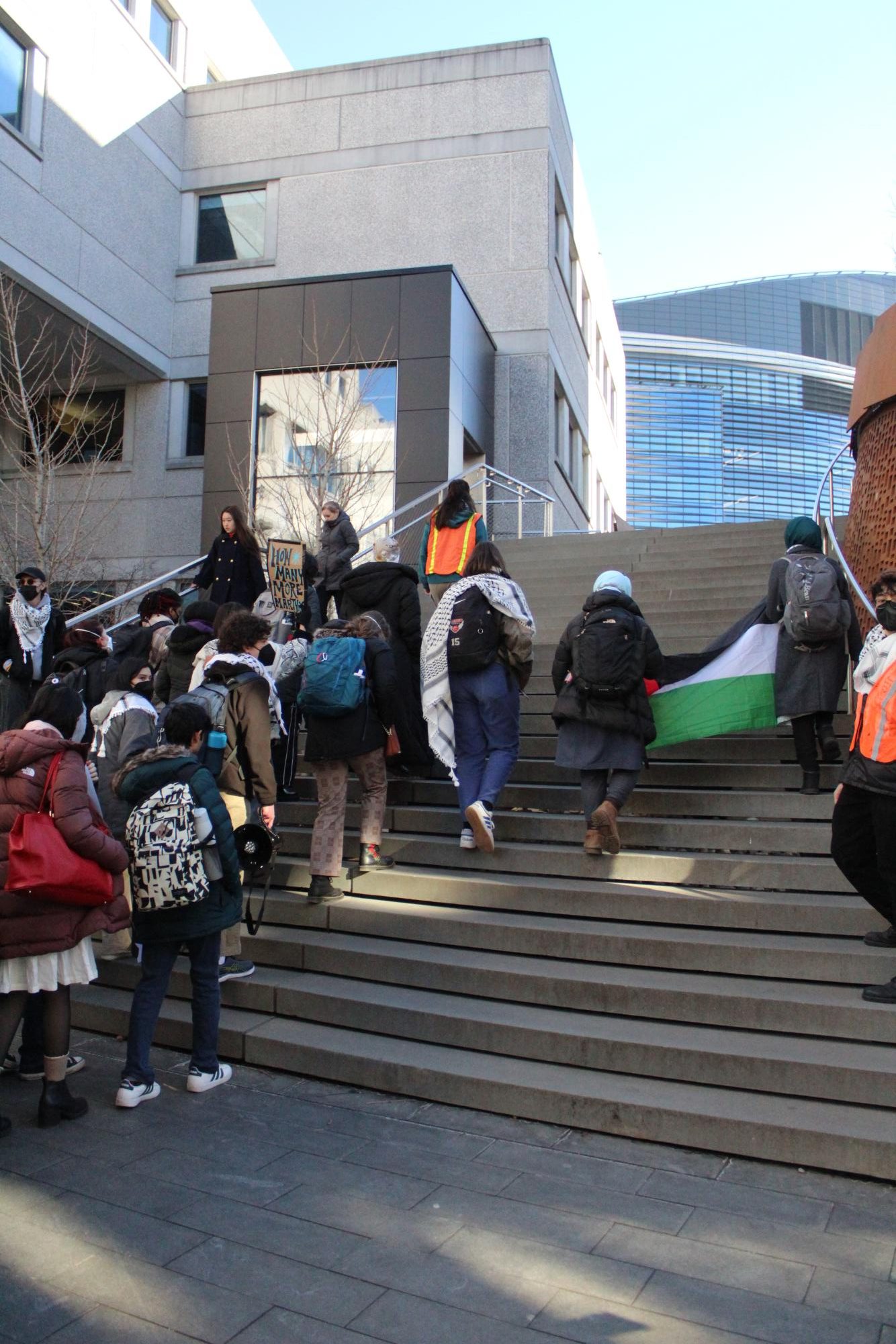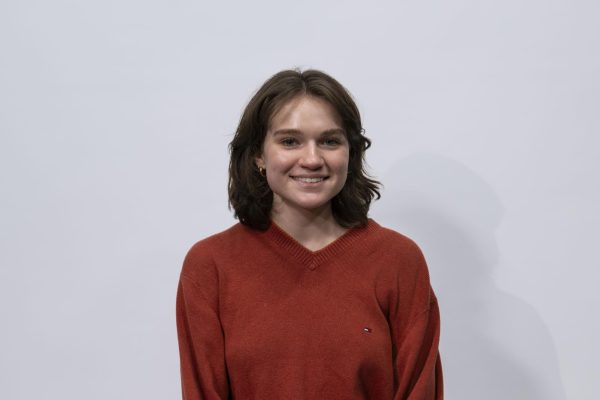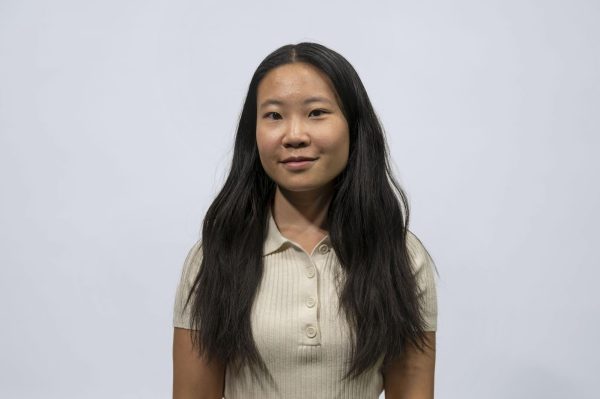Northeastern indicated on Wednesday it is rejecting student demands to divest and sever ties with companies that do business with the Israeli military.
In an updated FAQ article on the school-run media outlet Northeastern Global News, or NGN, the university provided answers to the questions “Will Northeastern sever its ties with corporations that do business with the Israeli military? And will the university commit to divest its endowment holdings in these companies?”
The university indirectly answered both, asserting it would not “support efforts to curtail students’ experiential learning options, ” “ impose a political test on employers” nor use its endowment as an “instrument to serve specific political agendas or weigh in on matters upon which reasonable people can disagree.”
Pro-Palestine student groups have organized roughly a dozen protests on campus — including sit-ins, marches and walkouts — since October. Many in the Northeastern community have also circulated numerous letters and petitions calling out the university for alleged suppression of pro-Palestine student speech and failing to call for a ceasefire, recognize Israel’s historic killing of Palestinians, and cut ties with and divest from military-industrial companies.

Since the start of the war Oct. 7, President Joseph E. Aoun, Provost David Madigan and Chancellor Ken Henderson have released one statement Oct. 10 condemning Hamas’ attacks and mourning for “all the innocent lives that have been lost” in Gaza and Israel.
In response to several questions regarding whether the university had a response to ongoing student protests against the Israel-Hamas war, the university sent a link to the FAQ to The News.
While the FAQ addressed a question about whether the university would respond to student demands to divest from military-industrial companies, Northeastern did not directly respond to questions asking whether it plans to release further statements about the conflict or if it has a response to student claims that it is engaging in suppression of pro-Palestinian student speech.
The FAQ answers, which were added to an article first published by NGN Dec. 11, emphasized the university’s focus on its experiential learning and co-op programs. The co-op program relies on the university’s relationships with various companies that employ students, and students seek out employment opportunities with companies that “align with — and enhance — their classroom studies,” the statement read.
A chief demand from many students protesting the war is that the university stops working with and investing money into military-industrial companies — like Raytheon and General Dynamics — that supply weapons to the Israeli military.
But the university said it would not limit employer options based on demands from students with “strong political viewpoints.”
“The university does not impose a political test on employers, nor would we support efforts to curtail students’ experiential learning options,” the statement continued. “We would hope that students who have strong political viewpoints would not try to impose their views in a way that limited opportunities for their classmates.”
Huskies for a Free Palestine, an unofficial student group known as HFP, staged a walkout Feb. 8 to deliver a letter to Aoun that demanded the university “denounces and divests” from what they called a genocide in Palestine. The News confirmed with the university that the letter was delivered.
The university also said it did not see its endowment — which summed $1.5 billion as of July 2022 — as a political tool.
“Northeastern’s endowment is invested to maximize the opportunities for advancing the university’s educational and research mission,” the FAQ said. “The endowment should not be seen as an instrument to serve specific political agendas or weigh in on matters upon which reasonable people can disagree.”
The university said it does not hold “direct investments” in any companies but invests instead in “commingled funds — akin to mutual funds for individual investors — that include securities across a broad range of economic sectors.”
Commingled funds involve assets that are contributed by investors into a single fund, according to Investopedia. They are similar to mutual funds but are not regulated by the Securities and Exchange Commission, resulting in lower expenses and operating costs. Information about the fund is not as transparent as mutual funds because securities in commingled funds are not publicly traded.
The university also did not directly address questions from The News about their response to some pro-Palestine student groups claiming the university is “targeting” pro-Palestine students.
Read the full FAQ update below:
Will Northeastern sever its ties with corporations that do business with the Israeli military? And will the university commit to divest its endowment holdings in these companies?
Northeastern is the world leader in experiential learning, powered by a co-op program that maintains connections to thousands of employer partners. Students seek out co-ops with employers that align with – and enhance – their classroom studies. The university does not impose a political test on employers, nor would we support efforts to curtail students’ experiential learning options. We would hope that students who have strong political viewpoints would not try to impose their views in a way that limited opportunities for their classmates.
Northeastern’s endowment is invested to maximize opportunities for advancing the university’s educational and research mission. The endowment should not be seen as an instrument to serve specific political agendas or weigh in on matters upon which reasonable people can disagree. It is important to underscore that Northeastern does not hold direct investments in any companies. This is because the endowment is invested primarily in commingled funds—akin to mutual funds for individual investors—that include securities across a broad range of economic sectors.











